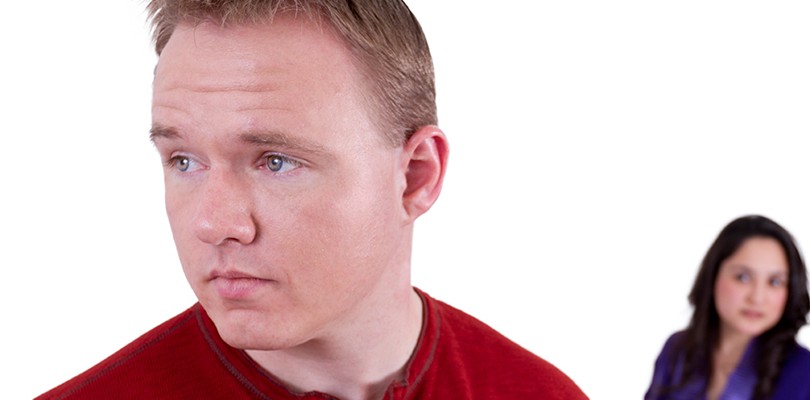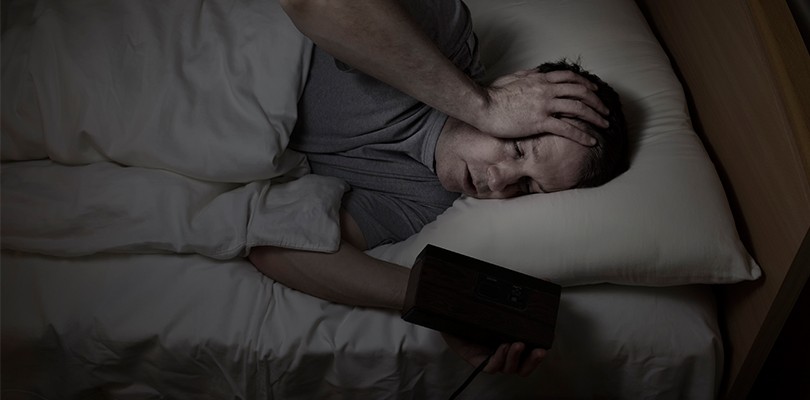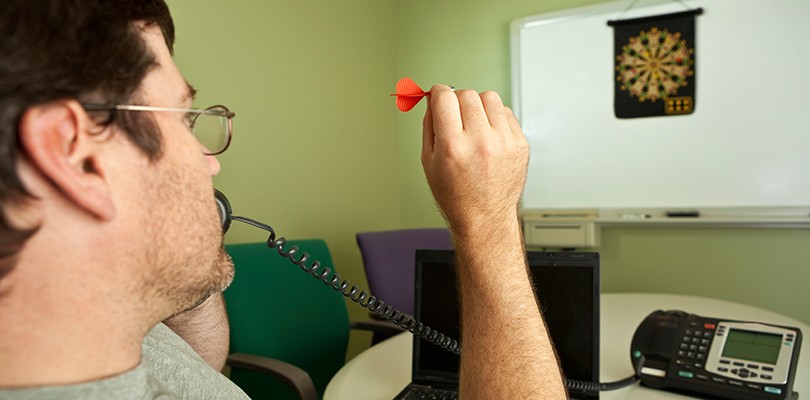Signs of Adult ADHD
Ever find yourself easily distracted, struggling to stay organized, or feeling like your mind is constantly on the go? These could be signs of Attention Deficit Hyperactivity Disorder (ADHD). Below, we look at 8 signs that you may have ADHD, along with a treatment option, Dyanavel XR, occasionally considered for adults with Attention-Deficit/Hyperactivity Disorder (ADHD) as an extended-release liquid medication to help manage symptoms of inattention and impulsivity.
8 Signs of ADHD in Adults
1. Reckless Driving Leading to Accidents
An adult with ADHD is four times more likely to be involved in a car accident, to receive a speeding ticket and to run a stop sign, according to statistics. They also drive without checking if they have enough gas more often, and are therefore more likely to run out of gas in the middle of the road.
Some tips to avoid these issues:
- Get into the habit of checking the gauge each time you start your car to see if you have enough gas.
- Don’t drive if you’ve had anything to drink.
- Avoid distractions while driving: Turn off the radio and don’t use your cell phone.
- Avoid driving when it’s not necessary – take a walk to the grocery store, use public transportation, or consider carpooling for the commute to work.
- Always wear a seatbelt.

Photo Credit: Antonio_Diaz / istockphoto.com
2. Lack of Focus or Hyper Focus
For people with ADHD, lack of focus is more than just having trouble paying attention. ADHDers are easily distracted (hence the higher rate of car accidents) and tend to have a hard time listening to others, paying attention to details and completing tasks and projects at work.
On the opposite side, some people will experience hyperfocus. In this case, they may be so focused on one task that they will ignore anything else around them, easily losing track of time.
Tips for these issues:
- Make a to-do list, prioritize the items on it, and stick to a schedule /plan.
- Avoid distractions by doing only one thing at a time – don’t attempt to multitask.
- Set up a specific time to spend time with your family (i.e. dinner, weekend trips).

Photo Credit: 4774344sean / istockphoto.com
3. Impulsivity and Angry Outbursts
Impulsivity can present in different ways. One person may constantly interrupt others, while another person will display inappropriate behavior in social settings. You may act or talk without thinking of the consequences – for example, going shopping and spending more than you can afford. Impulsivity can also be expressed as anger because you’re unable to control your emotions. Anger is often triggered by minor things and it quickly fades away.
Tips for dealing with impulsivity and angry outbursts:
- Take a few deep breaths before talking or arguing.
- Learn mindfulness, a technique that helps you focus on your thoughts, feelings, emotions and urges during an episode of impulsivity.

Photo Credit: AnaBGD / istockphoto.com
4. Marital/Relationship Problems
Relationship problems occur for a few reasons. A person with ADHD may be easily distracted, hyper-focused on a certain task and ignore their partner, be impulsive or angry, have problems with communication due to poor listening and social skills, and/or be unable to keep promises or commitments. The partner of a person with ADHD has to be aware of these possible problems and their causes and learn how to cope.
Individual and couple therapy can be very beneficial to help the partner with ADHD to have a better insight into their symptoms and how to cope with them, and to help the partner without ADHD to understand how ADHD works and not feel neglected in the relationship.

Photo Credit: Ozgur Coskun / istockphoto.com
5. Low Self-Esteem
ADHDers tend to be overly critical of themselves, leading to low self-esteem and poor self-image. This happens because they are aware of their inability to focus and concentrate, past failures and underachievements.
Tips for dealing with poor self-image and self-esteem:
- Challenge negative thoughts and take action; ask yourself why you got bored or why you didn’t finish a task. Is there a solution to the problem?
- Keep a journal with short and long-term goals.
- Reward yourself for any achievement, even if it seems small.

Photo Credit: tab1962 / istockphoto.com
6. Inability to Relax, Restlessness
This issue is the equivalent of hyperactivity associated with ADHD in children. Adults feel restless, unable to relax, extremely tense or “on edge.”
Engaging in calming, relaxing activities such as yoga, tai chi, muscle relaxation, guided imagery, relaxing music, deep breathing and exercise can help.

Photo Credit: ImageegamI / istockphoto.com
7. Disorganization and Procrastination
Disorganization and procrastination can cause all kinds of problems at work and home. Postponing a project or missing a deadline at work, forgetting about appointments, household chores or paying bills are just a few examples.

Photo Credit: DragonImages / istockphoto.com
8. Always Late
In addition to having trouble organizing and prioritizing day-to-day activities and being easily distracted, people with ADHD tend to underestimate how much time it will take to complete a task. On top of that, they may lack motivation to go to work or participate in an event because of poor self-image. These issues often add up to chronic lateness.
Tips to avoid running late:
- Set your watch 30 minutes fast.
- Aim to arrive early – if a meeting is at 10 a.m., plan to be there by 9:45 a.m.
- Create a daily plan using a calendar, organizer or an app, with everything you need to do for the day.
- Set a time limit for each task and stick to it.
Dyanavel XR for ADHD
DYANAVEL XR is a medication commonly prescribed to people with Attention-Deficit/Hyperactivity Disorder (ADHD). It comes in the form of an extended-release liquid, making it easier to swallow. The medicine works to improve attention and reduce impulsivity. Always consult with a healthcare professional for personalized advice on ADHD treatment options.
In Conclusion
ADHD is thought to affect around 5% of children in the US, and about half of them will continue to experience symptoms into adulthood. According to the CDC, the actual number may be higher, as the adult ADHD symptoms are often subtle and therefore many people may not be diagnosed.
Receiving a diagnosis and following a treatment plan is important, as untreated ADHD can lead to many physical and emotional problems that affect one’s social life, relationships and work.
If you experience these signs and they have a significant impact on your day-to-day life, see a doctor to discuss whether you may have this condition.
Read more about ADHD in adults over at NewLifeOutlook.






